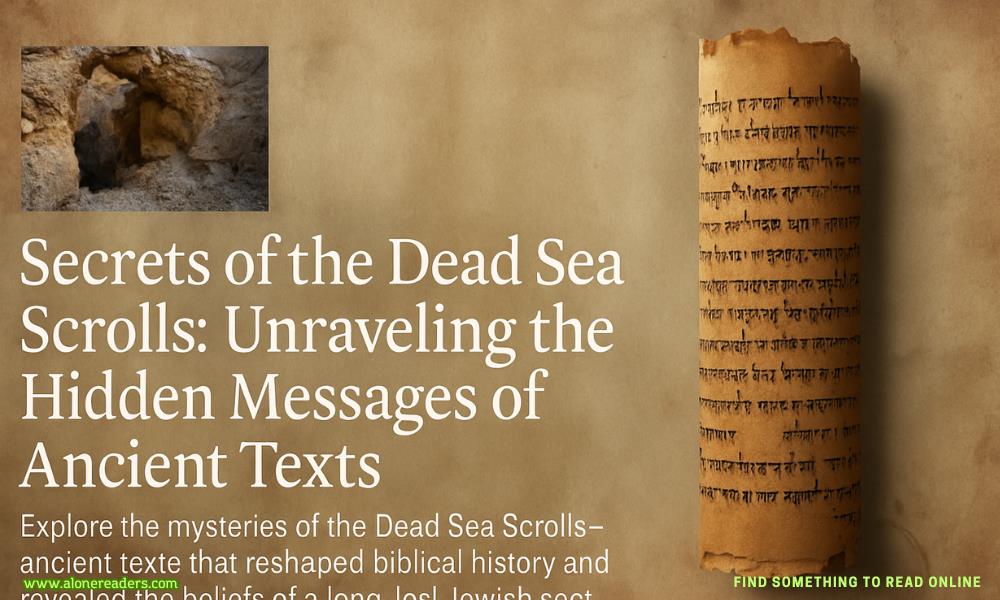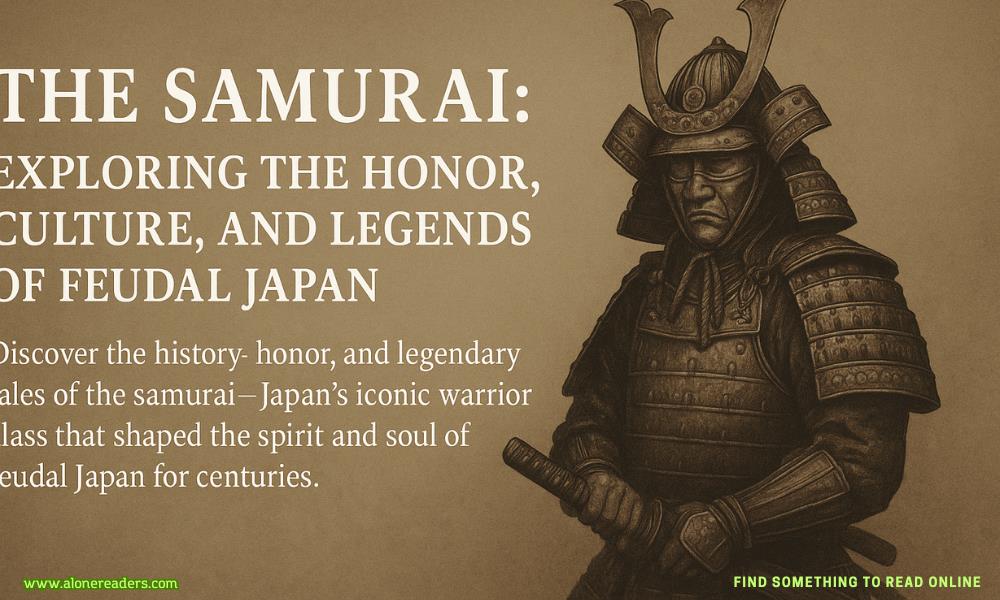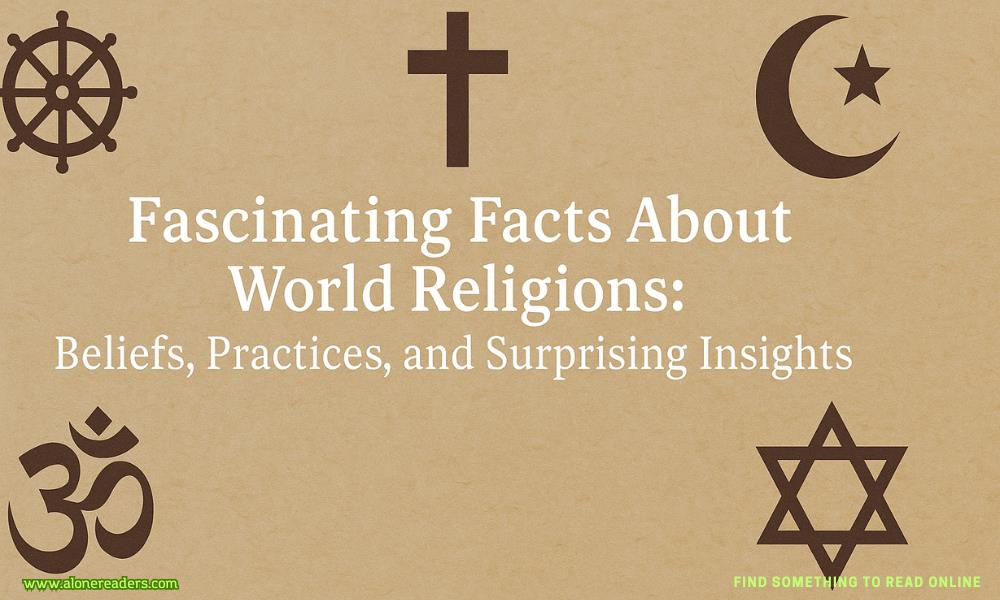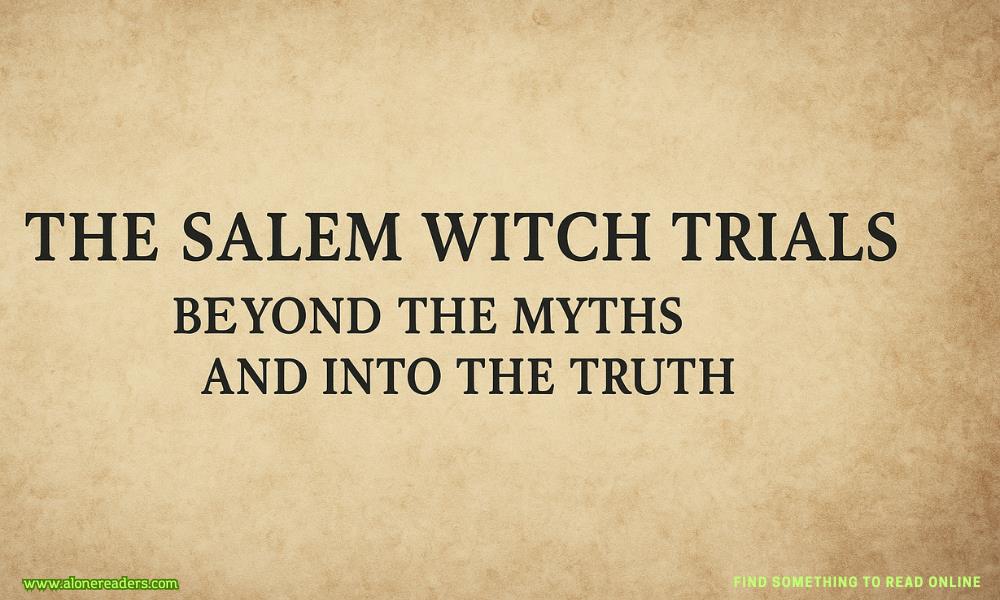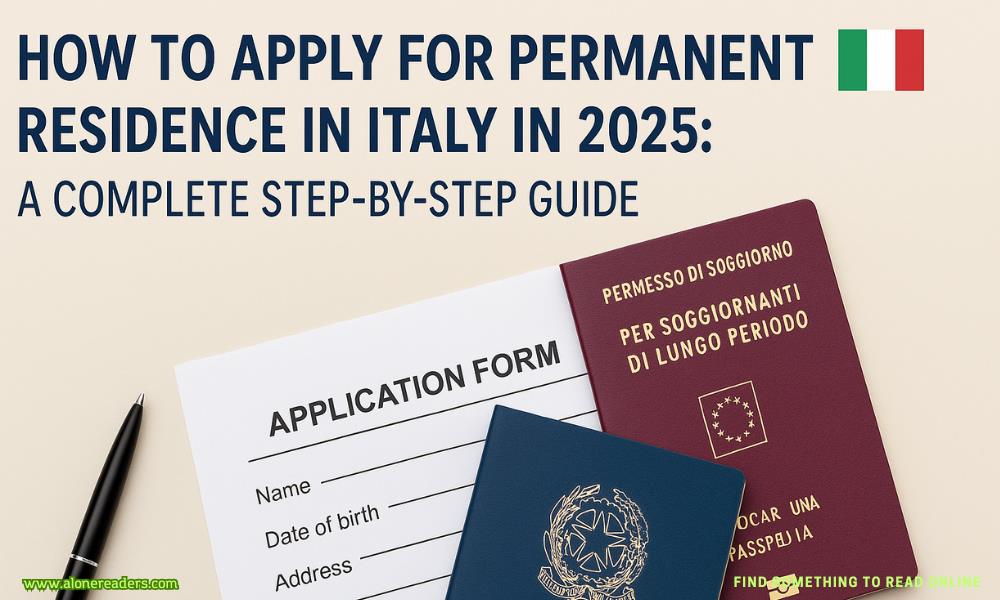Page 60 of Broken Country
When Gabriel smiles at her, she blushes.
It’s an odd sensation, witnessing this. I’ve always known Gabriel was widely regarded as a pinup, particularly when his first couple of books came out. Various breathy articles were written by female magazine journalists who seemed to spend almost as long on what he was wearing and the fragrance of his aftershave as the content of his novels. It wasn’t just his good looks. The sex scenes he wrote, which were more explicit than anything encountered in publishing before, had brought him readers in their thousands. He left D. H. Lawrence, with his daring carnal references, in the dust.
I sit at the other end of the table with my coffee and Gabriel’s copy ofThe Daily Telegraphopen at thecrossword, where he has begun filling out answers in his elegant loopy handwriting. I find myself gazing at his writing, remembering letters he sent me from Oxford, so passionate in the beginning. After we broke up, I burned them, but I read those letters so often I can still recall the things he wrote.How can it be right for two people who lived inside each other the way we did, almost as if we became the same person, to be separated like this?
It seems unfathomable now, knowing what I do, that we allowed ourselves to fall into disillusionment without at least trying to understand what had happened. Was it youth and naivete that made us behave like that? If I’d called him, if he’d sent one of those letters he has told me he wrote and ripped up, if his mother hadn’t been so obstructive… what then? This life I might have had, the one I’m half living right now, in some strange, inverted fantasy where nothing is quite as it should be.
Flora is asking Gabriel about his latest novel and, it strikes me as I listen, I have never asked him what it is about. I might say, “How’s the writing going?” or “Where are you up to in this draft?” but not once has he talked about the subject matter. I feel myself stiffen as I take in the words.
“This novel is a return to an idea I had many years before I was even published. It centers around a young woman who is sexually adventurous at a time when double standards were even worse than they are now. We are living through a sexual revolution, according to the newspapers. And yet, some of the reporting I read about women, even in more respectable papers like your own, makes me uneasy. For me, writing is a way to make sense of the anxiety I feel in my subconscious. I don’t always know why I’m writing a novel at the beginning, it only becomes clear to me after a while.”
“And is the idea of gender equality something you’ve found easy to embrace as a man?” Flora asks.
Ah, I think.This is why Flora has won her place on a national.
She’s unafraid, she asks the right questions. She’s happy to show her claws.
Gabriel laughs but I can hear his irritation. “I’d hardly be writing the novel if I hadn’t.” He pauses and, fatally, looks at me. “Beth and I used to talk about this when we were young. Do you remember, Beth?”
“What was that?” I say, looking up as nonchalantly as I can.
“Those conversations we used to have about inequality. You used to point out all the things I took for granted that women couldn’t do. Like opening a bank account. Or sitting in a pub on their own.”
It is an innocent reference—after all, Gabriel introduced me to Flora as an old friend. But I find myself blushing. There is a tense moment of silence when I say nothing and Gabriel, registering my discomfort, looks away.
Flora is watching with naked curiosity. “How did you say you two knew each other?”
“I didn’t. We both grew up here in Hemston.”
“I’m sensing some sort of history between you…?”
Flora’s voice is light and teasing but Gabriel slaps her down. “You’re wrong. And it’s hardly relevant to the piece. I trust you have everything you need now?”
When the journalist has gone, Gabriel and I go upstairs to bed, curtains drawn to the outside world. We have sex, then we talk, and the afternoon unfolds as the others before it, but I cannot truly relax. My fear of being discovered by someone I know does not leave me. I can’t shake it off. The intrusion of Flora Hughes into our lives, a young writer looking for sensationalism, has unnerved me and this temporary universe we have created no longer feels sacred. No longer feels safe.
Wednesday Evening
“It’s the pub every night now, is it?” I say, trying to keep my voice light when Frank gets up from the table the moment our supper is finished.
“So it would seem.” He’s trying to sound lighthearted, too, but I pick out the tension in his voice, and the sadness.
Frank does not ask me if I want to go with him as he might have done even a week ago. We ate our cheesy baked potatoes in near silence, me hating myself for every attempt at conversation. There is nothing in my head except, “Are we going to be all right?” “Please don’t hate me,” and, endlessly, “I’m sorry, I’m so sorry.” From time to time, I caught him watching me, but it was impossible to know what he was thinking.
“Frank—” I say, as he’s about to go out the front door.
He turns around. Waits. “Yes?” he asks, when I can think of nothing to say.
Nothing and everything.
“Have a good time” is all I manage, cursing myself silently for the inanity of this.
“Good night, Beth,” he says.
Already we are becoming strangers.
Alone now, I walk around the kitchen, unable to quell the storm of thoughts. What should I do? Please, someone, anyone, tell me what to do. There is no one I can turn to, no one who could offer advice without chastising me with their words or their eyes, their judgment. How is it you continue to hurt your husband like this? A man who has loved you from the very beginning? It’s because I am innately bad, allthe way through. I must be, for how else would I be able to betray Frank like this, not once, but day after day? How is it that even now, with the blackest of hearts, I will go to bed longing for the morning to come. For in the morning there is Gabriel again.
Thursday
- Her Desert King by Marian Tee
- A Wife's Duty by Sam Crescent
- The Gift that Keeps On Giving by Jessa Kane
- Hard Hearts by Ella Goode
- Obsidian Devotion by Sylvia Rae
- Sold to the Single Daddies by Summer Haze
- Coast by Jessica Gadziala
- Jezebel's Liberation by Lacy Rose
- A Touch of Fate by Cora Reilly
- Relentless Knight by Lisa Cullen
- The Cheerleader by Jade Marshall
- With this Ring by Sierra Cartwright
- Axel by Kelly Finley
- Ice Cold Liar by Cynthia Eden
- Her Daddies' Everything by Laylah Roberts
- Bound By Lust by Rose Marie
